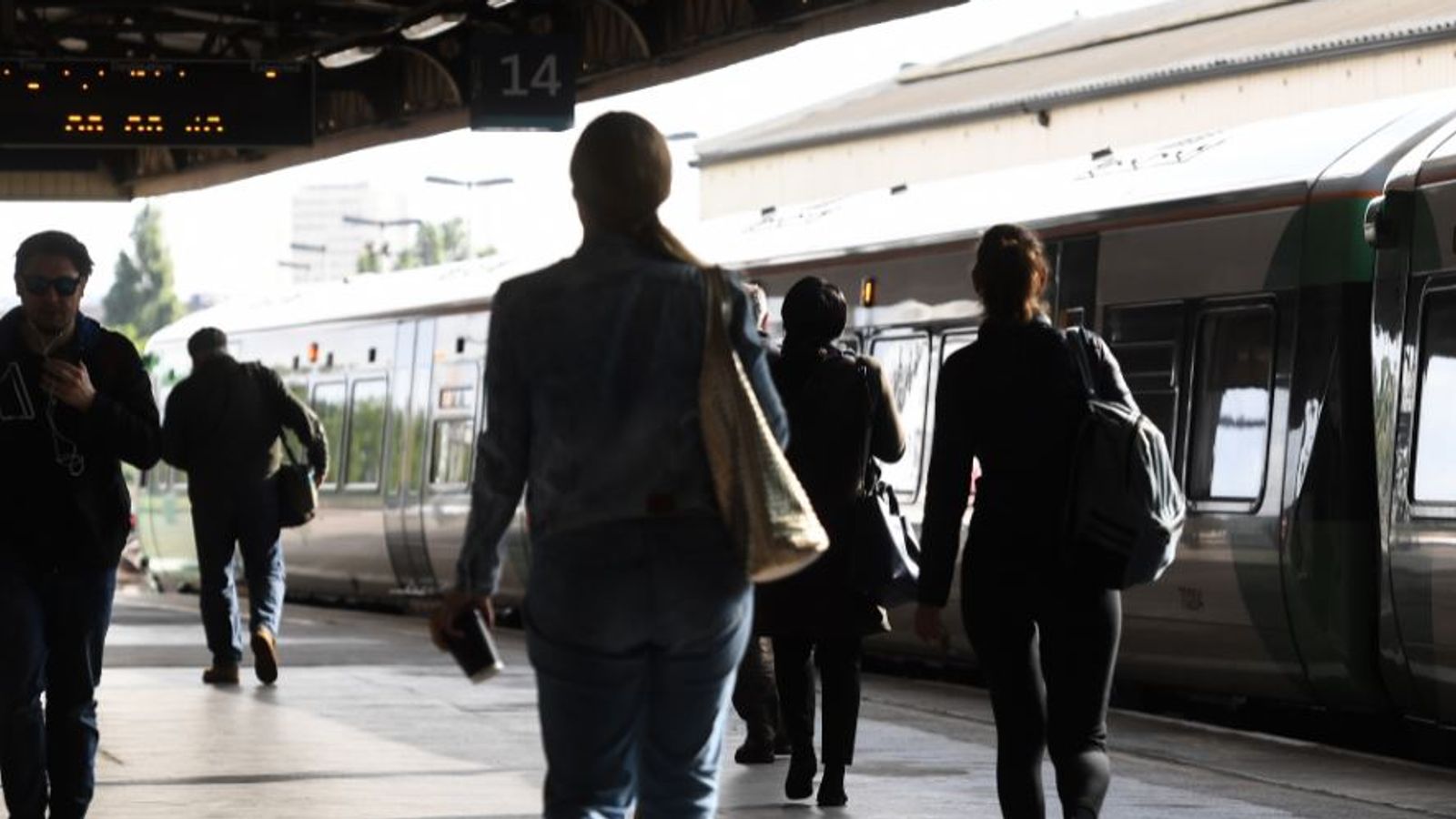Flexible rail tickets will be available in England from today, offering savings on certain routes for those who travel two or three days a week.
The tickets are part of reforms announced last month and they can be used from 28 June, allowing travel on any eight days in a 28-day period.
The Department for Transport says that, compared with the cost of buying daily tickets over a year, those travelling two days a week could save more than:
• £260 from Woking to London
• £210 from York to Leeds
• £60 from Southampton Central to Winchester
• £170 from Stafford to Birmingham
• £230 from Liverpool to Manchester
Those travelling three days a week could save more than:
• £230 from St Albans City to London
• £110 from Bromsgrove to Birmingham
• £90 from Weston-super-Mare to Bristol Temple Meads
• £350 from Chelmsford to Stratford
The tickets are paperless and passengers can use the updated season ticket calculator on the National Rail website to find out the best ticket for their route and travel patterns.
It comes as an increase in working from home due to coronavirus has seen rail usage plummet to a fraction of what it was before the pandemic.
Earlier this month, it was reported that the number of people travelling on Britain’s railways had reached its lowest level since at least 1872 – the era of steam trains.
Transport Secretary Grant Shapps said: “As we kickstart the biggest reforms to our railways in a generation, flexible season tickets are the first step.
“They give us greater freedom and choice about how we travel, simpler ticketing and a fairer fare.”
Tickets offering discounts for part-time commuters were already available to passengers in Scotland and Wales.
Anthony Smith, chief executive of passenger watchdog Transport Focus, said: “Some passengers will welcome today’s new flexible tickets and discounts. This will be useful in helping people choose rail again.
“Our research with passengers showed us there was strong demand for a new ticket that suited people who expected to commute less frequently in future.
“This is a positive step towards much-needed longer-term reform of how rail tickets are sold.”
The Williams-Shapps Plan for Rail will see the creation of a new public sector body – Great British Railways – which will set most fares and timetables, sell tickets, own and manage infrastructure, and issue contracts to private firms to operate trains.
Rail franchises were effectively ended in March 2020, when the government took over the financial liabilities of operators so services could continue during the pandemic, despite the drop in demand and its effect on operators’ finances.

